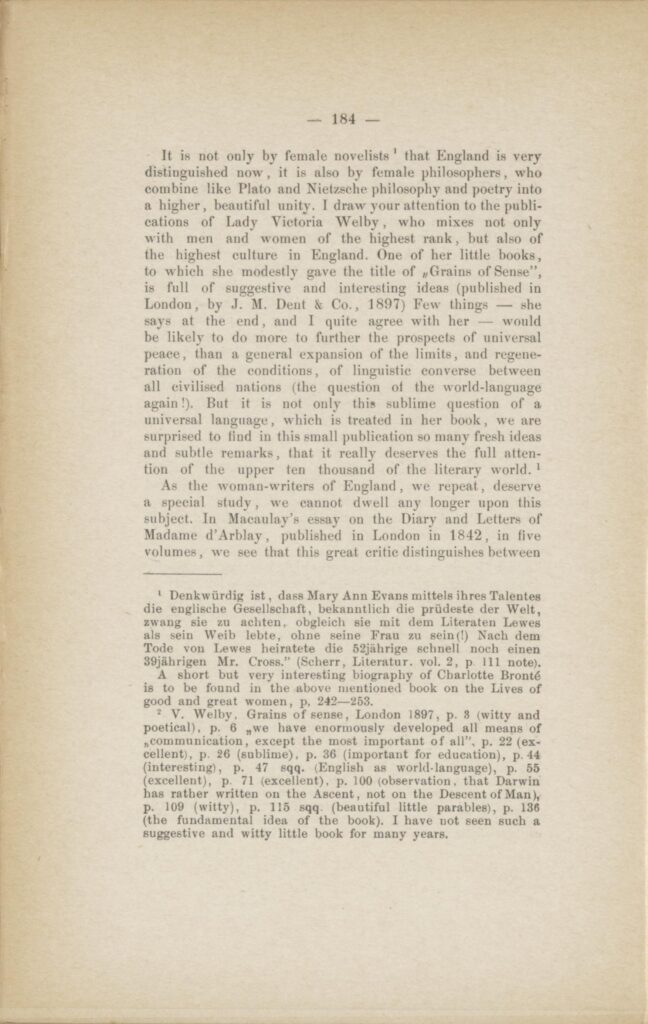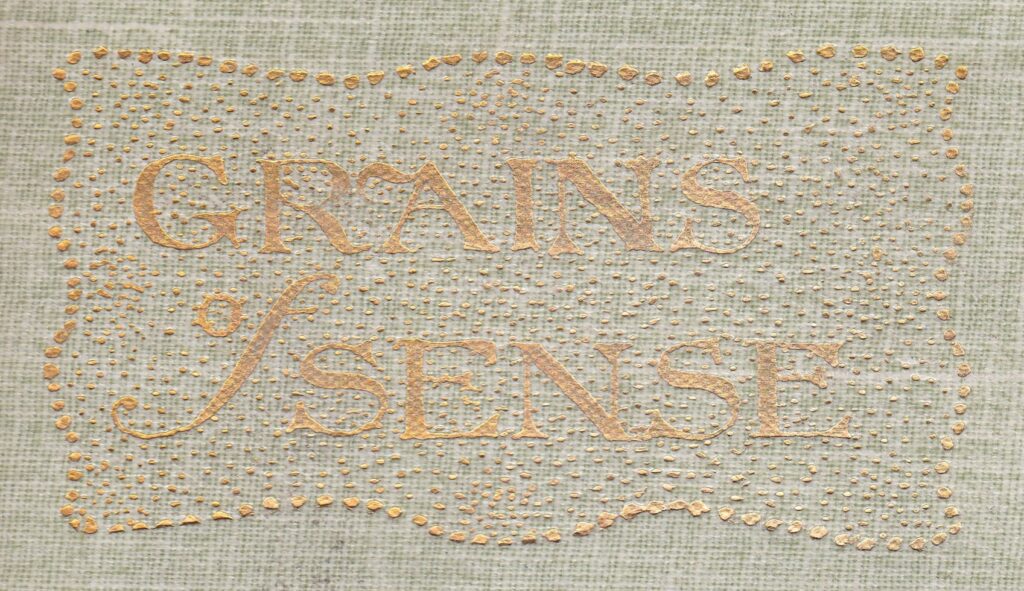
Since it remained unnoticed, I like to point to an appreciation of Welby’s Grains of Sense by Hendrik Clemens Muller (1855-1927).
Dr. Muller, “glowing with passion and with a thirst for books”, pioneered in comparative literature, but contemporary critics were not impressed by his work (Ton van Kalmthout and Huib Zuidervaart (editors), The Practice of Philology in the Nineteenth-Century Netherlands, Amsterdam 2015, page 200). To Muller, comparative literature was a part of anthropology, and it seems he did not shy away from a social Darwinist approach (see also Kate McInturff, ‘The Uses and Abuses of World Literature‘, in: The Journal of American Culture, Volume 26, Number 2, June 2003). He was an antisemite who saw himself as a ‘social aristocrat’ (BWSA). The “freethinker” Muller also committed himself to international law, and advocating for permanent world peace, he was called a candidate for the Nobel Peace Prize in 1924 – see his International European law. An essay on the future United States of Europe (link to the combined scans of the 1924 concept and the 1925 publication).
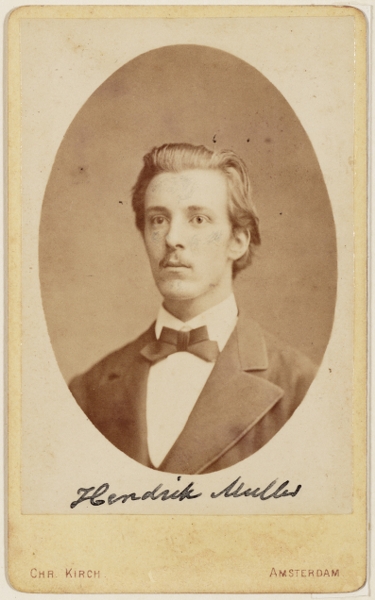
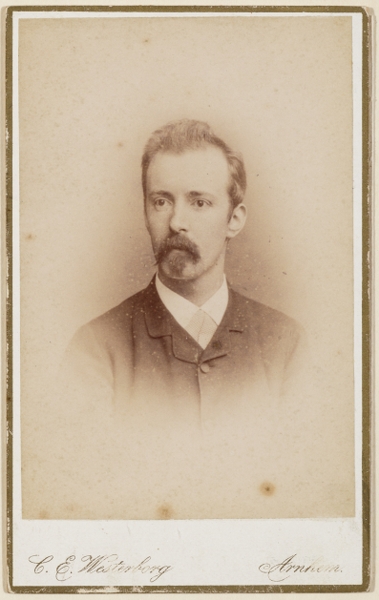
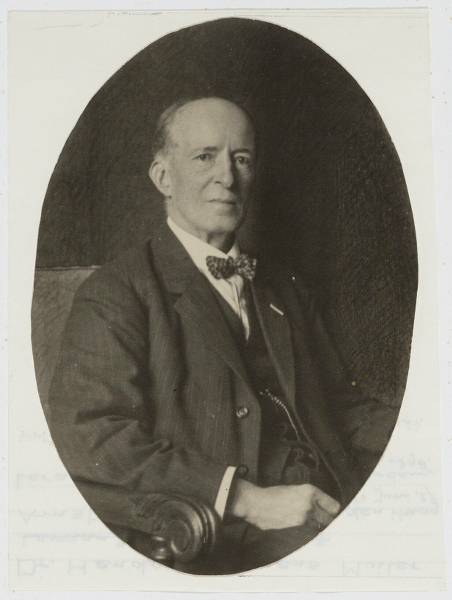
H.C. Muller
Muller’s notes on Grains of Sense were published in the last of his eight Lectures on the science of literature, partly delivered in Edinburgh (Summer Meeting, 1898) (Haarlem 1904, page 184). The lecture is a continuation of the comparison of the literature of the Aryan race and the Semite race, here dealing more specifically with women in Aryan literature. I skip the further context, only mentioning that in the third lecture Muller shortly praises Welby’s 1891 lecture The Significance of Folk-Lore – here is what Muller wrote:
It is not only by female novelists that England is very distinguished now, it is also by female philosophers, who combine like Plato and Nietzsche philosophy and poetry into a higher, beautiful unity. I draw your attention to the publications of Lady Victoria Welby, who mixes not only with men and women of the highest rank, but also of the highest culture in England. One of her little books, to which she modestly gave the title of „Grains of Sense”, is full of suggestive and interesting ideas (published in London, by J. M. Dent & Co., 1897) Few things — she says at the end, and I quite agree with her — would be likely to do more to further the prospects of universal peace, than a general expansion of the limits, and regeneration of the conditions, of linguistic converse between all civilised nations (the question of the world-language again!). But it is not only this sublime question of a universal language, which is treated in her book, we are surprised to find in this small publication so many fresh ideas and subtle remarks, that it really deserves the full attention of the upper ten thousand of the literary world.
V. Welby, Grains of sense, London 1897, p. 3 (witty and poetical), p. 6 „we have enormously developed all means of „communication, except the most important of all”, p. 22 (excellent), p. 26 (sublime), p. 36 (important for education), p. 44 (interesting), p. 47 sqq. (English as world-language), p. 55 (excellent), p. 71 (excellent), p. 100 (observation, that Darwin has rather written on the Ascent, not on the Descent of Man), p. 109 (witty), p. 115 sqq. (beautiful little parables), p. 136 (the fundamental idea of the book). I have not seen such a suggestive and witty little book for many years.
